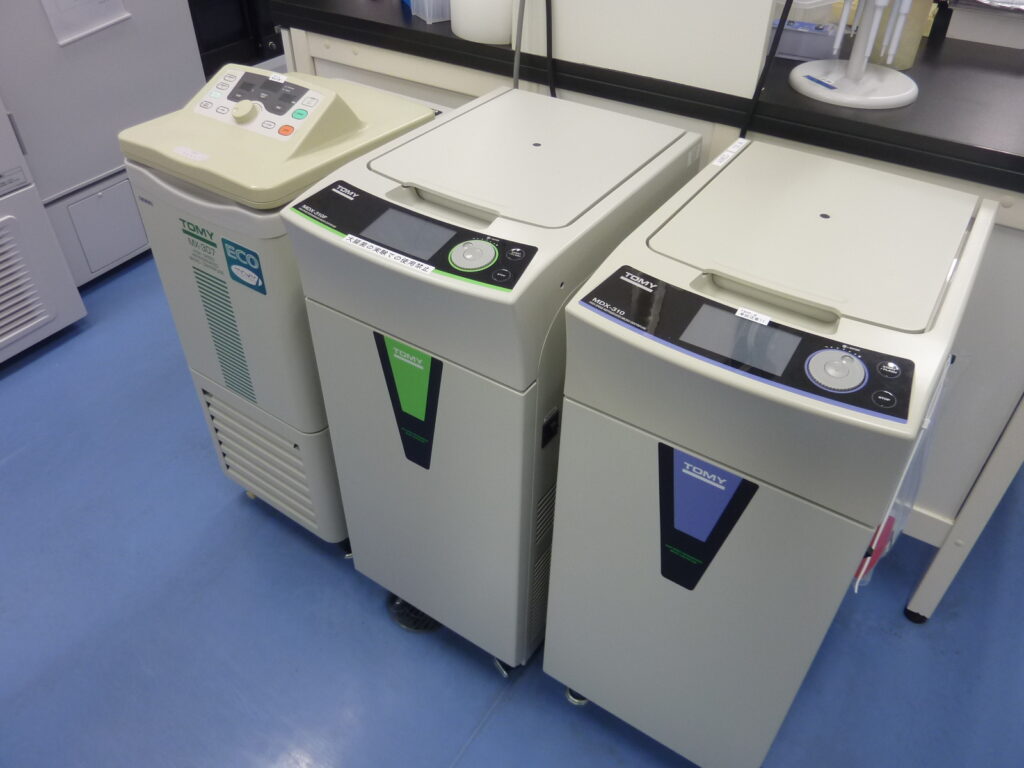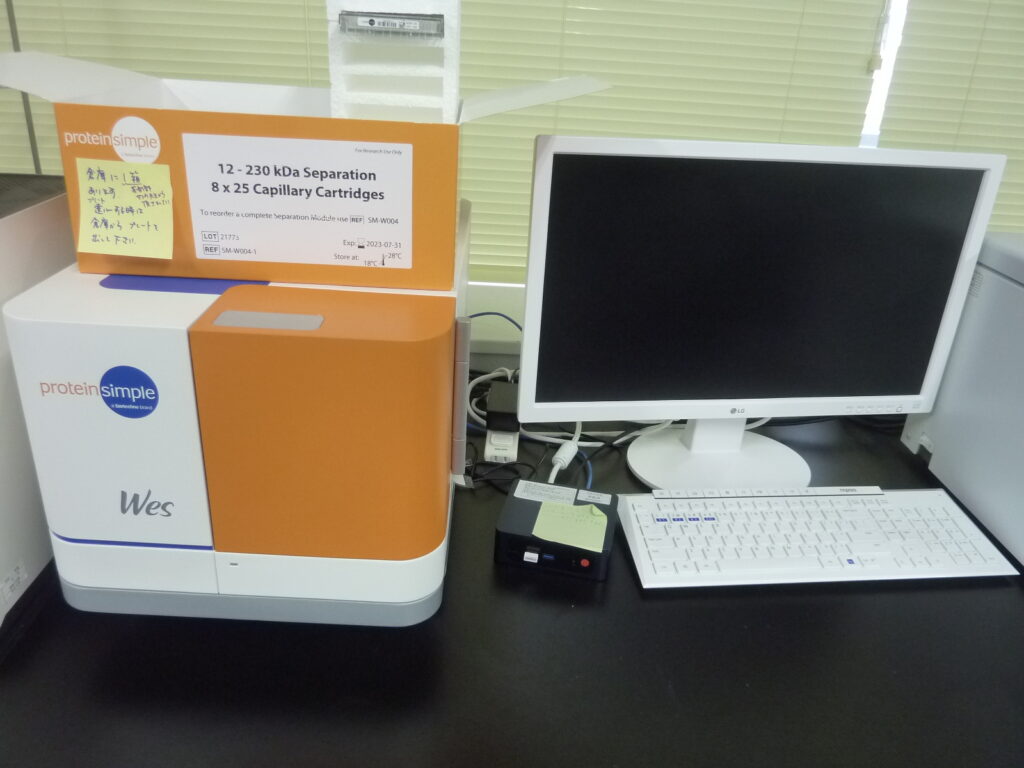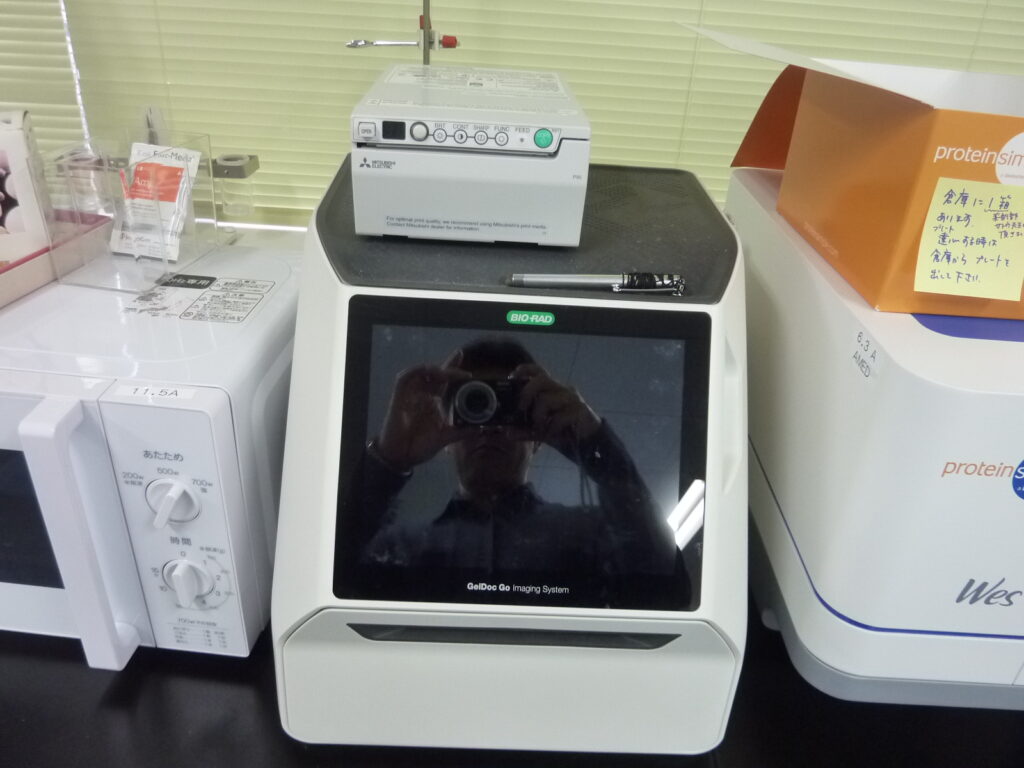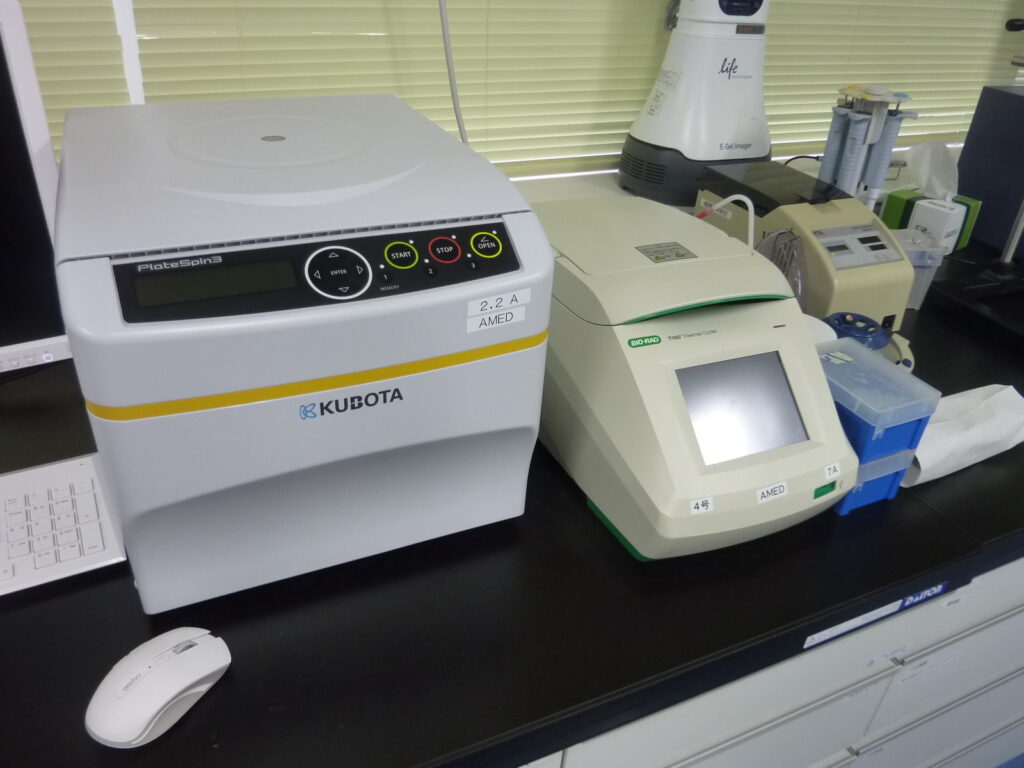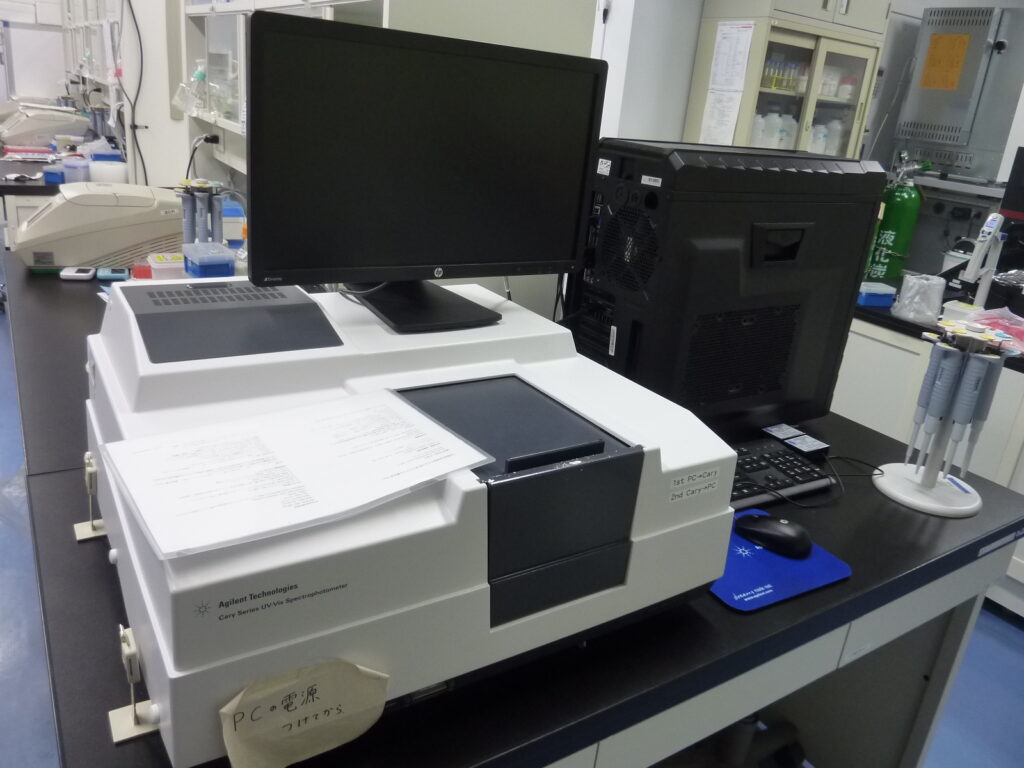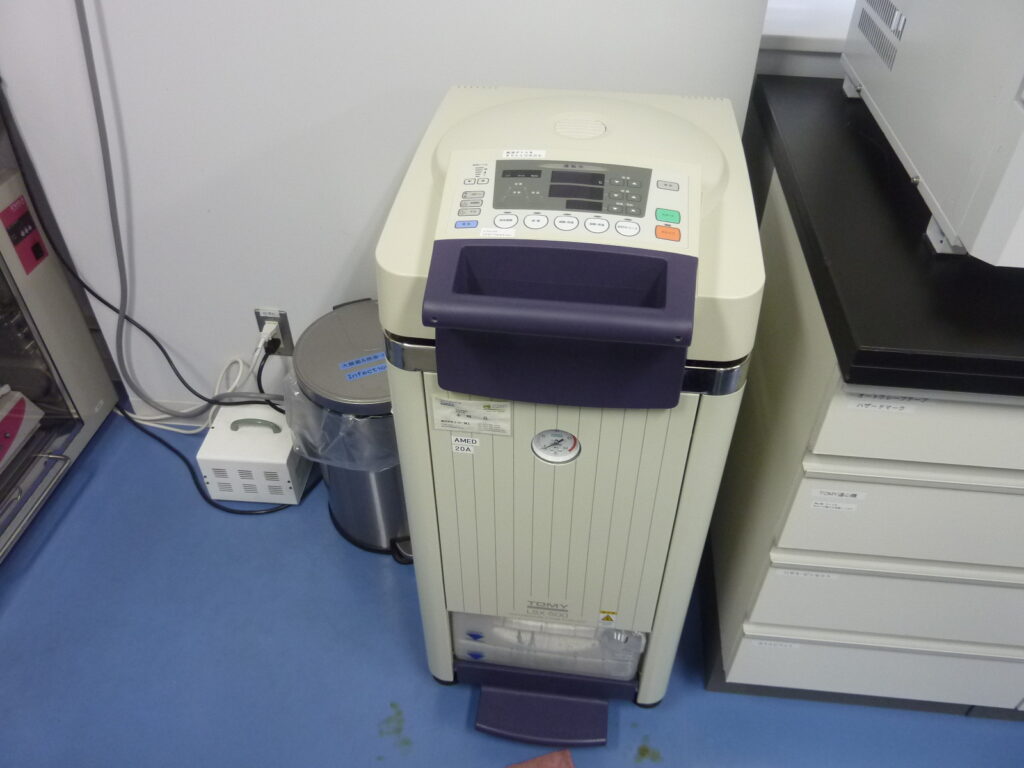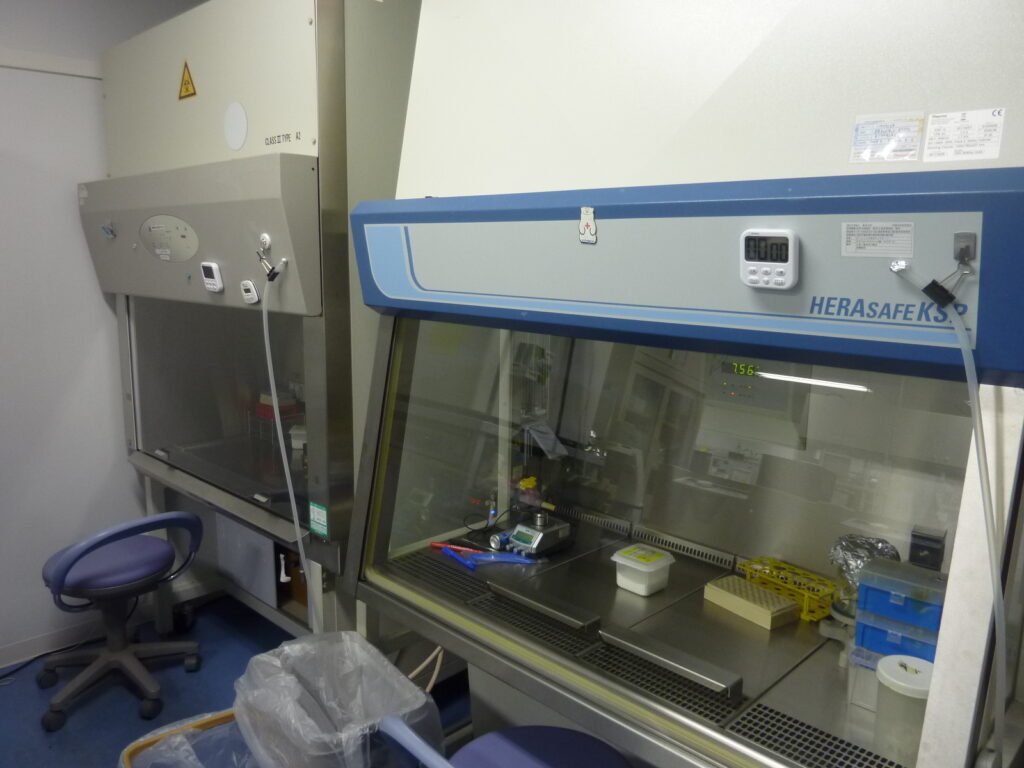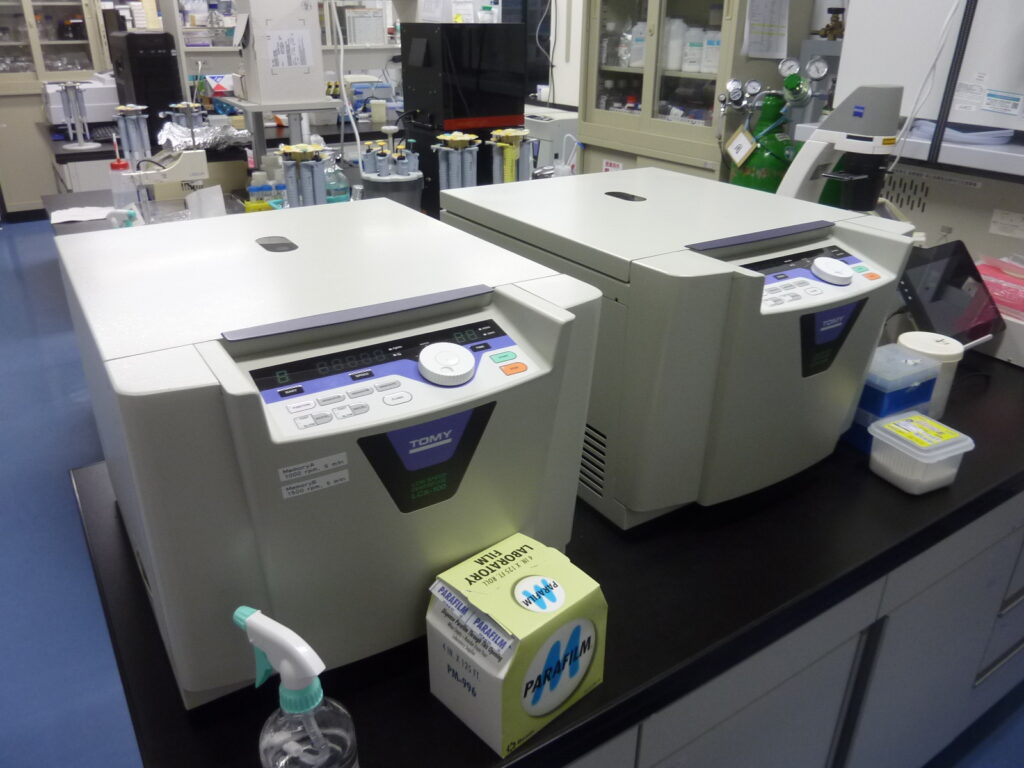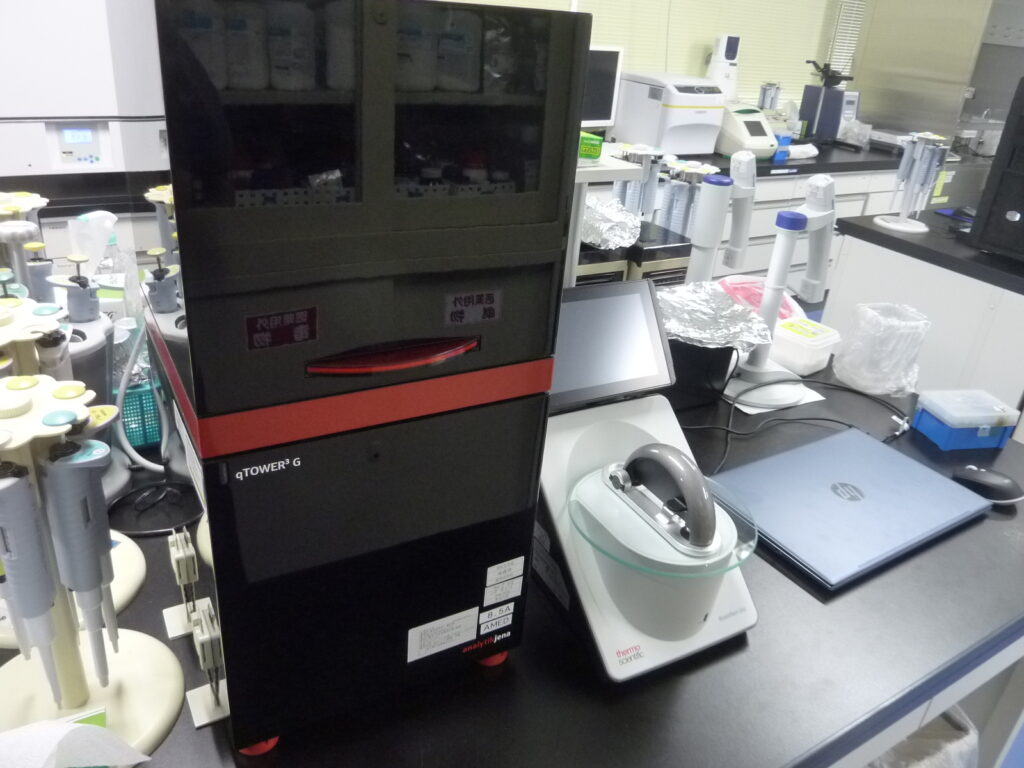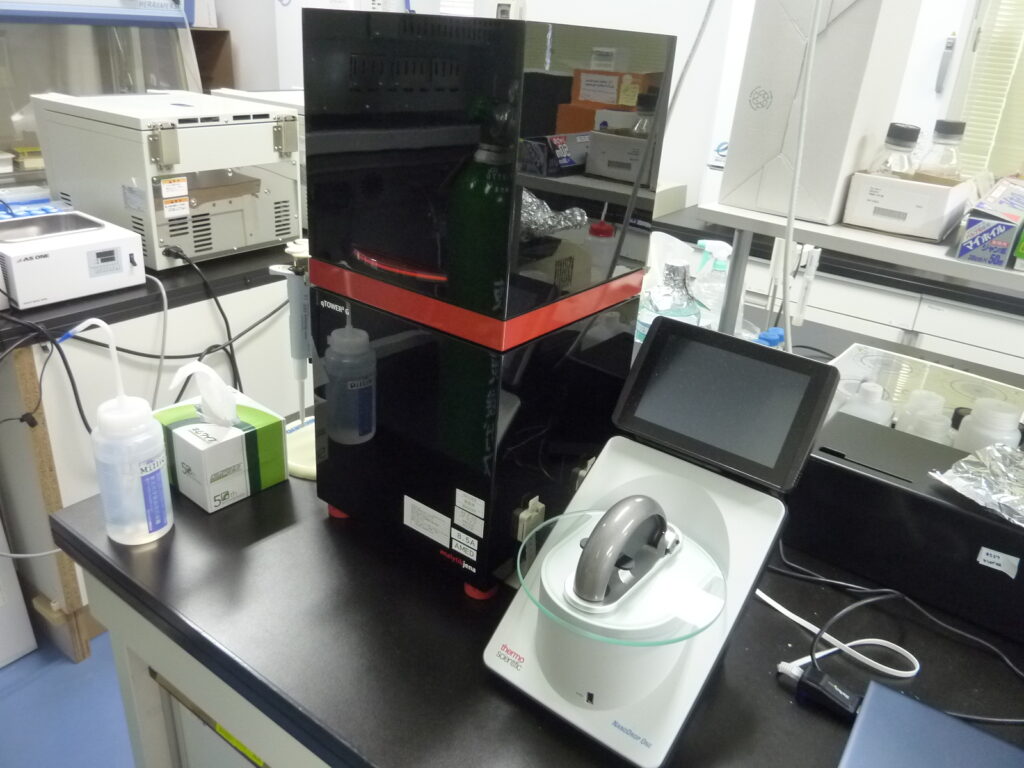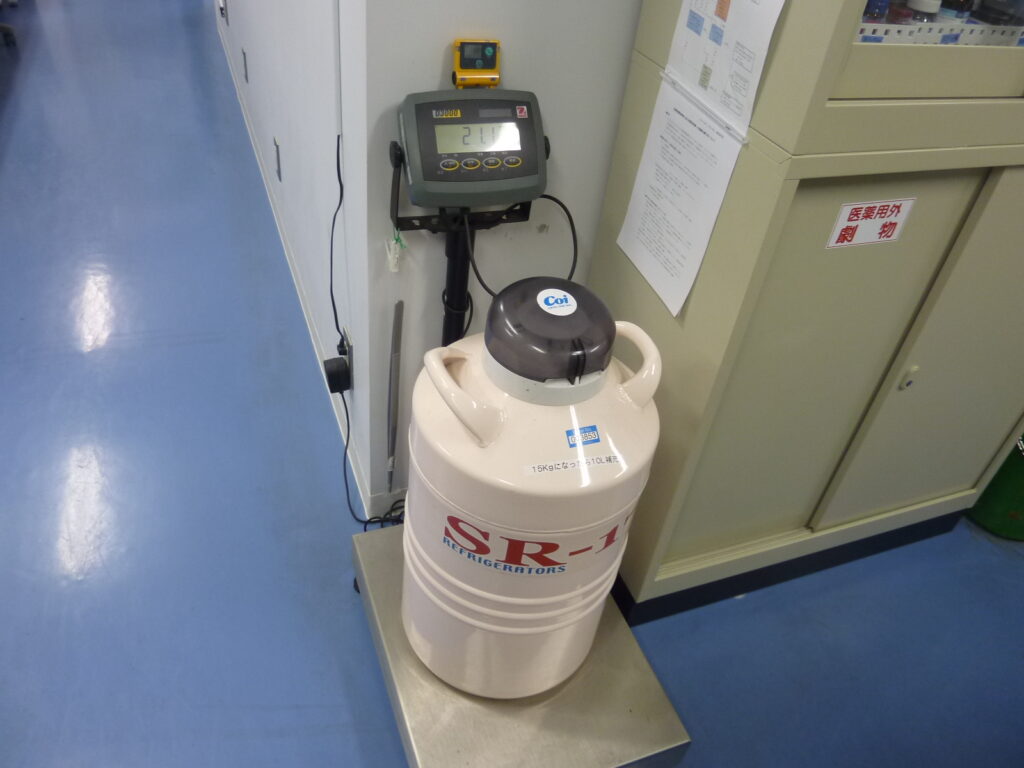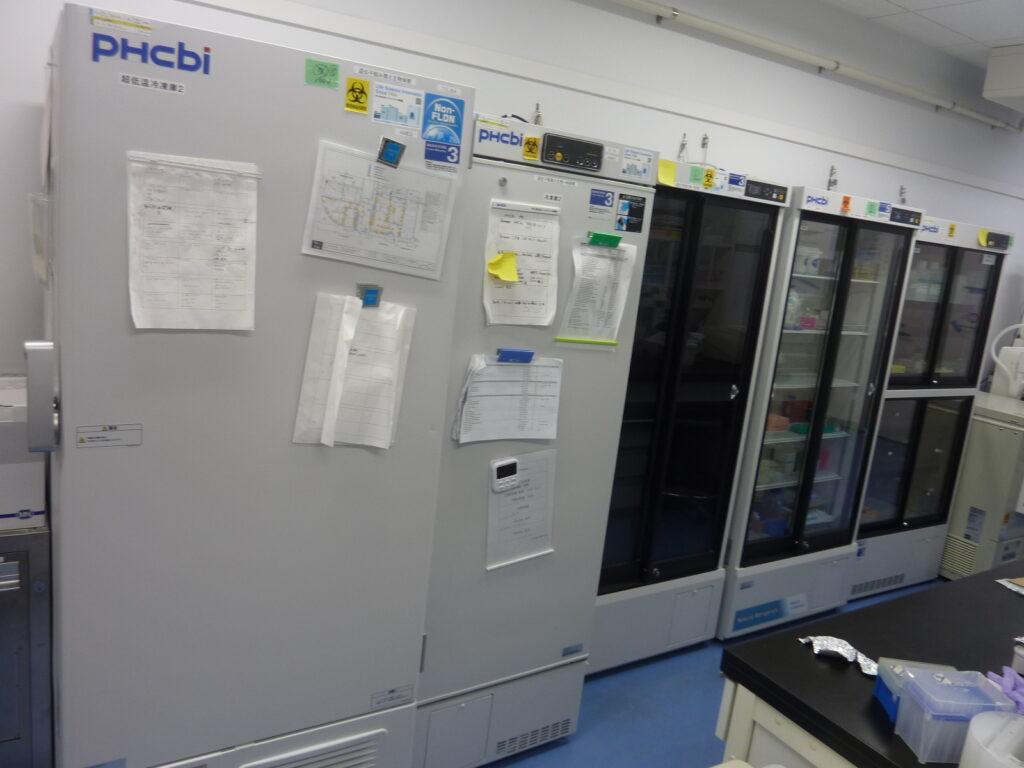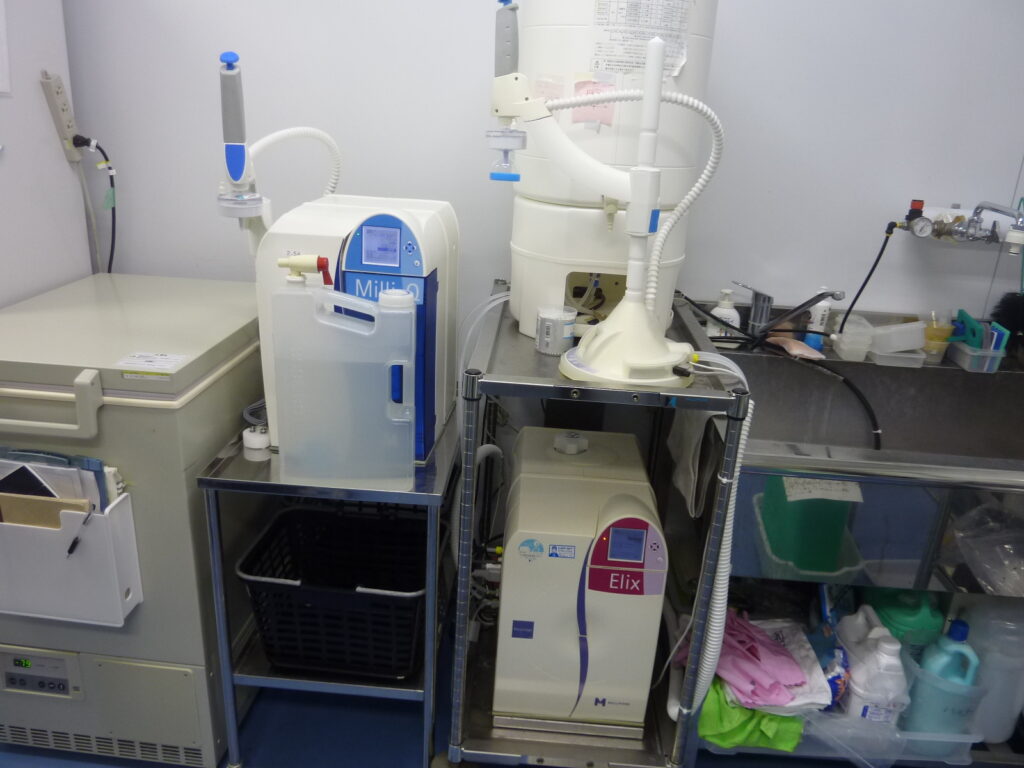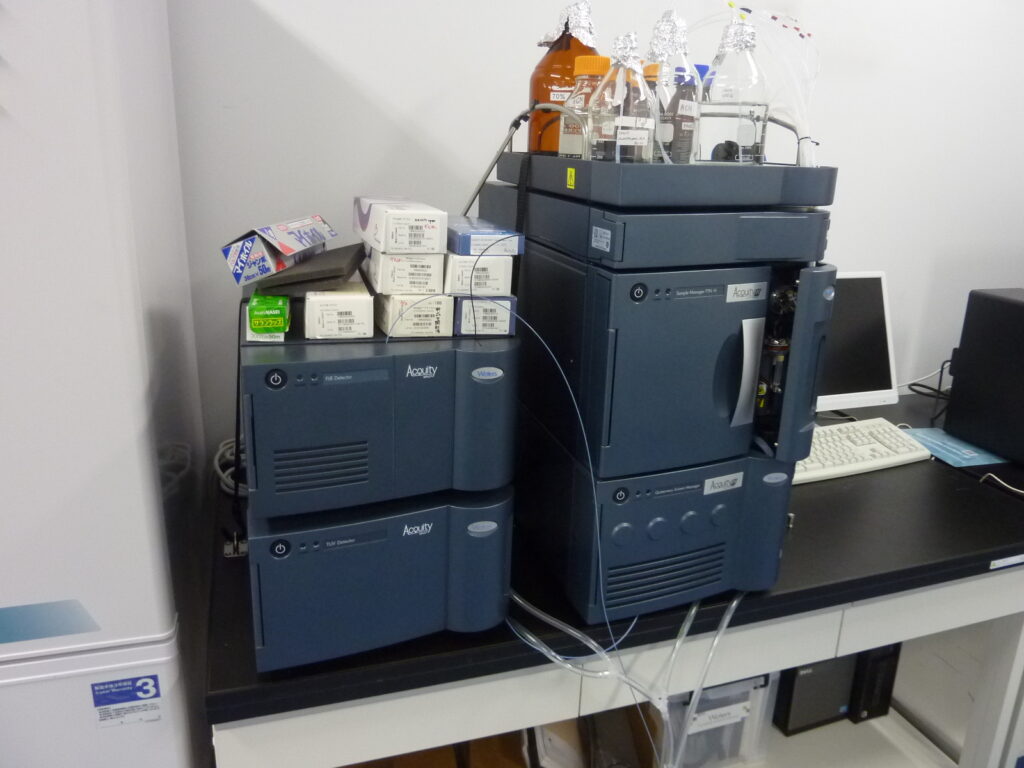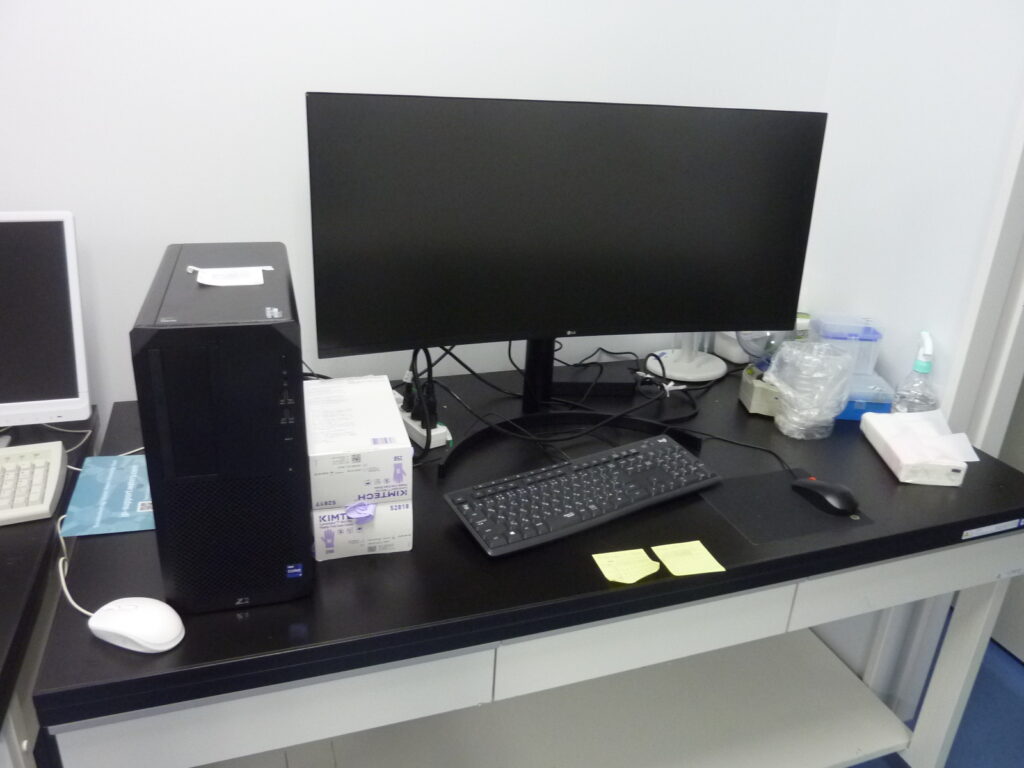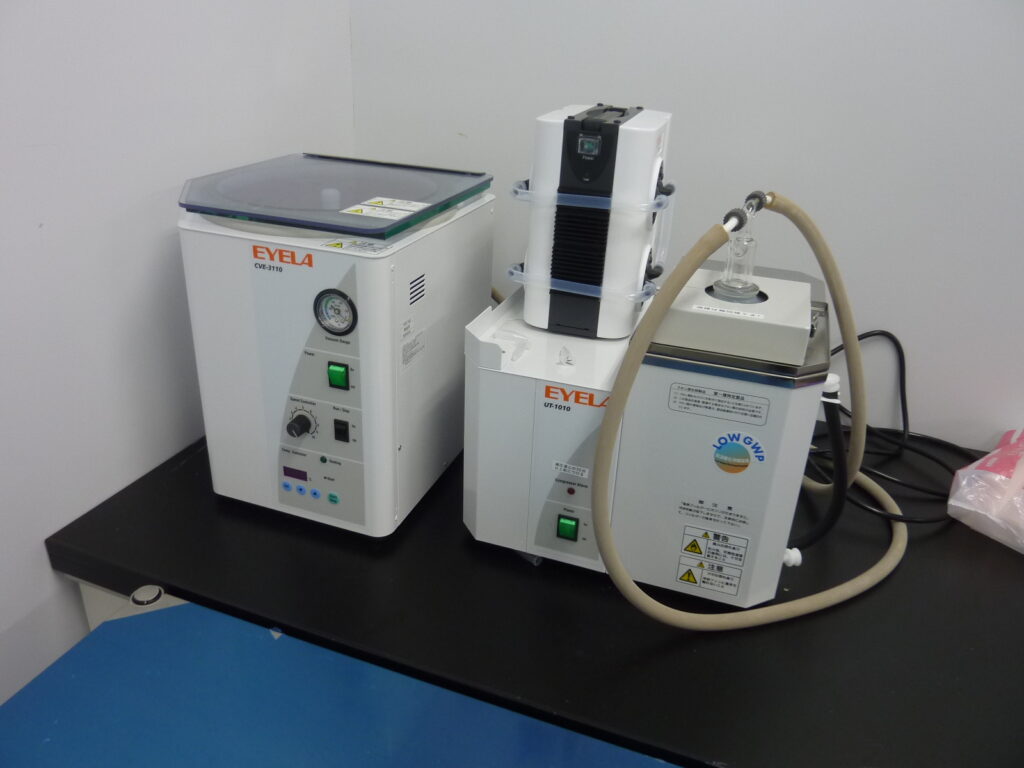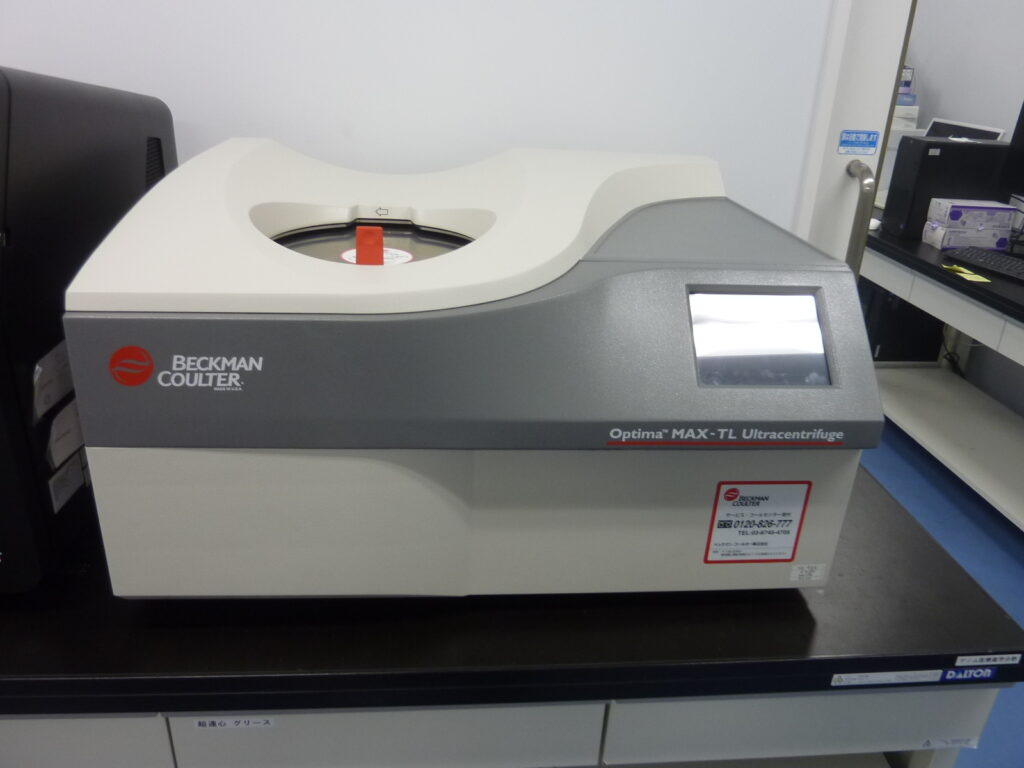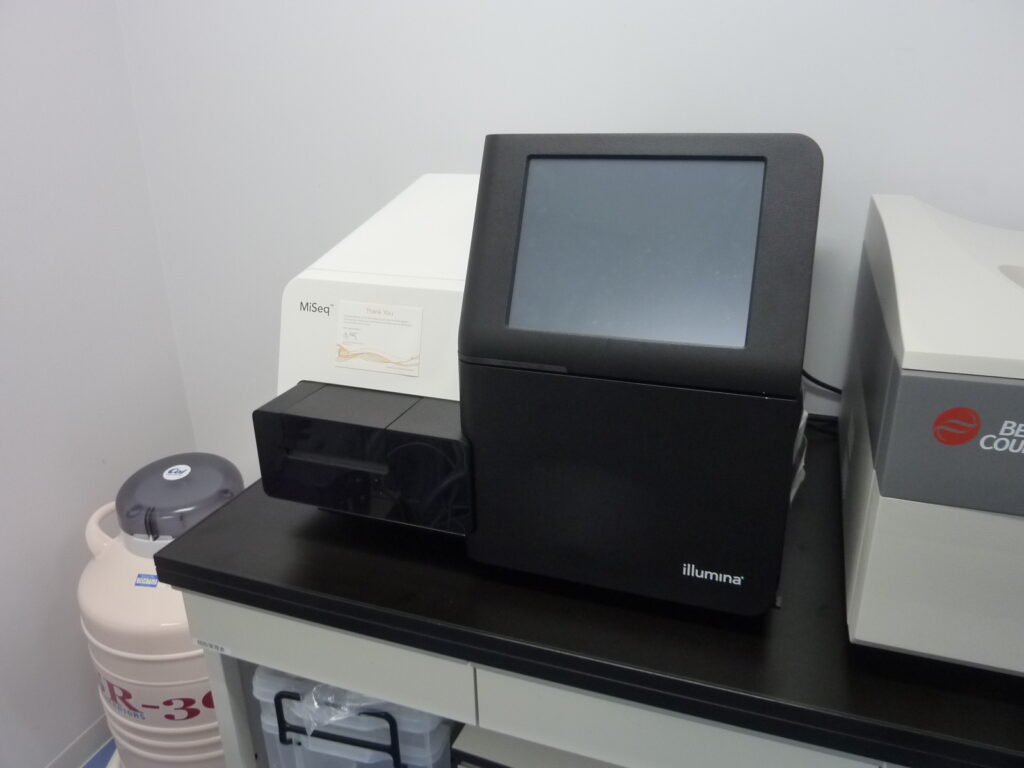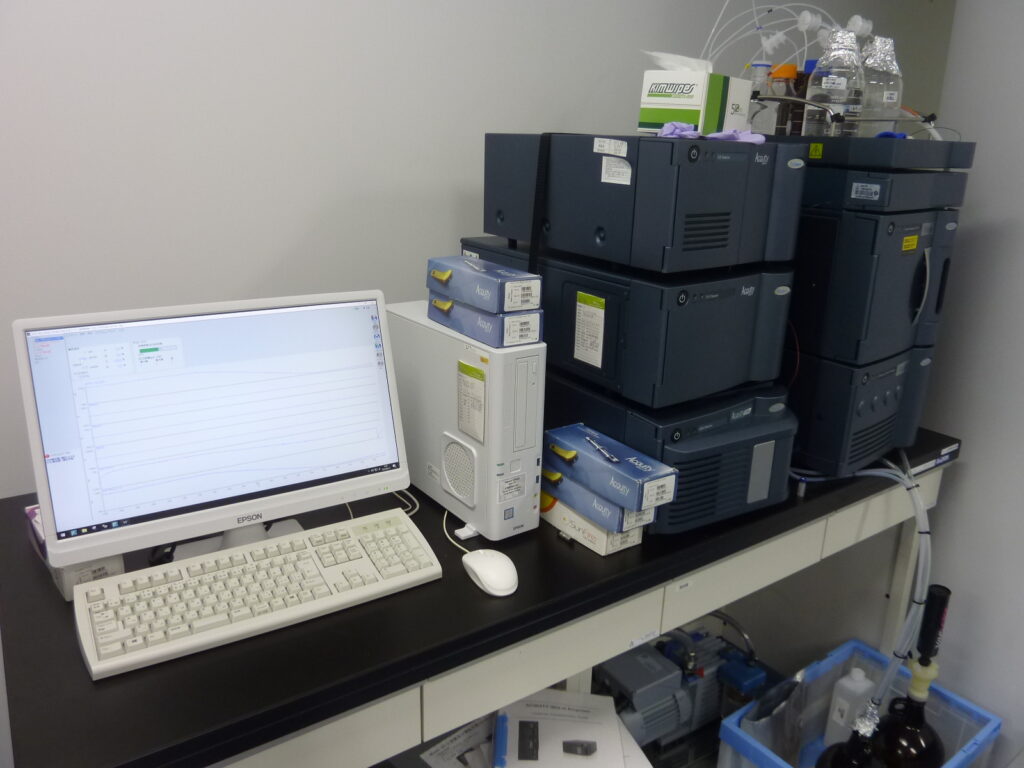For Students Interested in Joining Our Laboratory
Educational Vision and Research Mentorship Policy
Pharmaceuticals play an essential role in modern medicine, and the development of pharmacy professionals well-versed in pharmacotherapy is becoming increasingly important. Among the foundational disciplines, pharmacokinetics and pharmacodynamics serve as the core for understanding how drugs are absorbed, distributed, metabolized, and excreted in the body, as well as how they exert their therapeutic effects and cause adverse reactions. These disciplines have further evolved into next-generation fields such as pharmacogenomics (PGx), making systematic understanding of drug behavior indispensable for training advanced pharmacists and pharmaceutical researchers.
Over the past 30 years, I have accumulated extensive experience in both education and clinical practice—serving in various capacities at the Graduate School and Faculty of Pharmaceutical Sciences, and spending nearly 20 years (including both full-time and adjunct appointments) in the Department of Pharmacy at Tohoku University Hospital. Drawing on this experience, I have been actively involved in the training of “next-generation specialist pharmacists” and “super-generalist pharmacists,” initiatives supported by the Ministry of Education, Culture, Sports, Science and Technology (MEXT) through special budgetary projects. Moving forward, I am committed to fostering an educational environment in which graduates of the Tohoku University Faculty of Pharmaceutical Sciences are recognized both in Japan and abroad as being among the most proficient in cutting-edge clinical pharmacology and therapeutics.
Among the fields I have long specialized in, Pharmacogenomics (PGx)—which investigates the genetic factors that influence drug efficacy and adverse effects—stands out as a pivotal area of research. Although PGx is still a relatively young discipline, with a history of only about 40 years, many aspects remain unexplored. Moreover, there are currently very few educators in Japan capable of teaching PGx at an advanced level.
In recent years, however, the importance of PGx has grown beyond pharmaceutical education, gaining traction in medical and nursing education as well. For example, the recently revised national core curriculum now explicitly includes the ability to “explain the relationship between drug efficacy/safety and genomic diversity” as a required competency. This reflects a shift in which PGx is no longer regarded as a niche specialty, but rather as a fundamental body of knowledge for all healthcare professionals.
I am committed to integrating the PGx expertise I have cultivated over the past three decades into the education offered at the Tohoku University Faculty of Pharmaceutical Sciences. My goal is to equip students with the knowledge and skills they need to apply PGx in real-world clinical and research settings, and to help them become true leaders in the future of precision medicine.
Research Mentorship Policy for Graduate and Undergraduate Students
In our graduate education program, we provide each master’s and doctoral student with a research theme related to pharmacogenomics or pharmacokinetics, and offer carefully tailored yet intellectually challenging guidance toward the completion of their thesis. As part of Tohoku University, a Designated National University aiming for global research excellence, we are committed to nurturing world-class researchers in the field of pharmaceutical sciences.
For both master’s and doctoral students, our goal is to guide them to produce 2 to 5 original research papers in English, published in international peer-reviewed journals by the time of graduation. For undergraduate students, particularly those in the six-year pharmaceutical science program, we set a goal of publishing at least one English-language original article by their final year. In recent years, it has become increasingly common for undergraduate students to publish 2 to 3 first-author papers by their sixth year, demonstrating the high level of research achievement within our lab.
We also actively encourage students to gain practical experience through conference presentations, supporting their development of communication and research dissemination skills. To strengthen their abilities, we hold regular research progress meetings, journal clubs, presentation training sessions, and collaborative study groups, all designed to deepen knowledge and enhance technical and expressive capabilities.
In response to the growing need for internationalization, we actively welcome international students and provide Japanese students with structured educational programs aimed at improving their academic English presentation and writing skills. Through these efforts, we aim to foster globally competent researchers and professionals capable of contributing to the international scientific community.
Conclusion
Through the cultivation of pharmaceutical professionals equipped with advanced expertise and a global perspective, we aim to nurture the next generation of healthcare leaders and send them forth from Tohoku University to the world.
We sincerely welcome students who are eager to learn and apply cutting-edge clinical and pharmaceutical sciences, and who are determined to help shape the future of medicine.
Students who wish to visit the laboratory are encouraged to contact Professor Masahiro Hiratsuka by email at:
masahiro.hiratsuka.a8*tohoku.ac.jp
Please replace the asterisk (*) with @ before using the email address.
Annual Schedule of the Hiratsuka Laboratory (Major Academic Conferences)
| April | – Welcome party for new students – Cherry blossom viewing (Hanami) – English presentation session by 4th-year students in the Drug Discovery Science Course |
| May | – (No major events scheduled) |
| June | – (No major events scheduled) |
| July | – (No major events scheduled) |
| August | – Graduate school entrance exams – Summer party (Shokibarai) – Summer vacation |
| September | – (No major events scheduled) |
| October | – Lab placement for 3rd-year students – Laboratory trip – (Annual Meeting of the Japanese Society for the Study of Xenobiotics) |
| November | – Imoni party (traditional autumn stew gathering) – (Annual Meeting of the Japanese Society of Hospital Pharmacists) |
| December | – Graduation thesis presentations by 6th-year pharmacy students – CBT (Computer-Based Testing) for 4th-year pharmacy students – (Annual Meetings of the Japanese Society of Clinical Pharmacology and Therapeutics & The Japan Society of Human Genetics) – Year-end party (Bonenkai) |
| January | – OSCE (Objective Structured Clinical Examination) for 4th-year pharmacy students |
| February | – Doctoral dissertation presentations – Master’s thesis presentations – National Examination for Pharmacists |
| March | – Graduation thesis presentations by 4th-year students in the Drug Discovery Science Course – Graduation and completion ceremonies – (Annual Meeting of the Pharmaceutical Society of Japan) |
A Day in the Hiratsuka Laboratory (Example Schedule for Undergraduate Students)

This is an example of a typical day in the lab for an undergraduate student who does not have classes.
At our lab, students are expected to arrive by 8:30 AM. We recommend developing a lifestyle in which you start your day early and avoid working late into the night.
After arriving, students prepare for their experiments at their desks and report or discuss their weekly progress with the professor. Following that, we hold a lab-wide experiment progress meeting, conduct laboratory cleaning, and then begin individual experiments.
Students typically enjoy a relaxed one-hour lunch break, and then continue with experiments or organize their lab notebooks until around 6:00 PM, which constitutes the core working hours we consider ideal.
After core time, students may continue their experiments if needed or head home to enjoy their personal time. If you don’t have time to read academic papers during the day, it’s perfectly fine to read them slowly and carefully at home in the evening.
Of course, many students also have part-time jobs. If you’re balancing work and research, please feel free to consult with the professor to find the schedule that works best for you.
Research Environment
